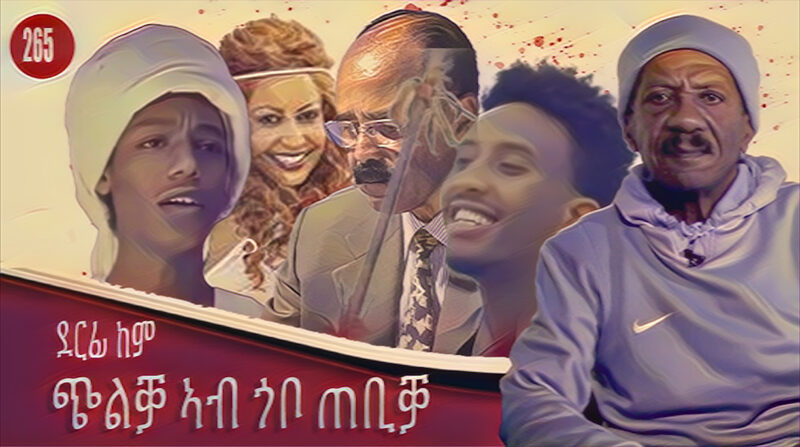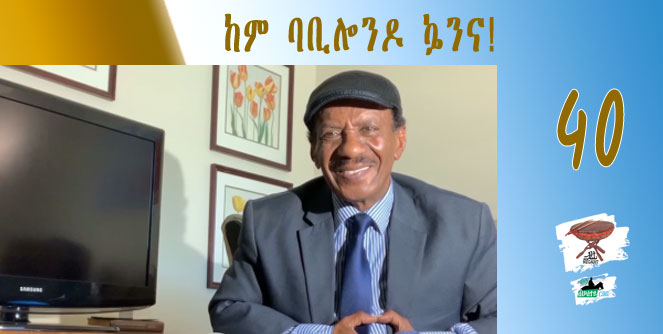Music That Resides In Our Memories
The basic translation of the lyrics in the video…
The land of goodness,
Africa is my country
The land of plenty, the land of pride, is my country
See the faces of my fathers,
And their raised foreheads
Principles do not change.
I’ll lead the procession and tell the world,
“I am African; I am Sudanese.”
You can’t touch this, MC Hammer
This song moved all my hair, though my skin is not hairy. Why do we tear up when we listen to a song or laugh? We say, “I laughed so much, I almost leaked drops of piss. Why do babies move and sway when they listen to music, particularly when the beat has a strong beat?
Let’s see what science says about that—about music, sound, and rhythm. Sometimes when we listen to music, goose bumps appear on our skin, our eyes become watery, we feel a chilly feeling on our skin, and we are overwhelmed by nostalgic emotions.
Scientists and psychologists say it’s when our nervous system reacts emotionally, and it triggers the parasympathetic nervous system to be active. I think it’s like salivating when we think about food. In the case of music, when our craving is satisfied, reward related parts in a region of the brain are rewarded.
Some music also evokes memories, sad or happy events, and our brain reacts accordingly. Propagandists and politicians depend on songs of specific genres and dramas to agitate the people and make them think irrationally. It’s like the high feeling one gets from intoxicants. Binge drinking makes addicts feel good, but the next morning they feel sick, depressed, and in bad shape.
They call the addiction to music melophilia. It could either have therapeutic effects or damage one’s ears.
While melophilia is a general addiction to music, audiophiles are those who plug their ears with earphones and separate themselves from their surroundings. Extremely limited social interaction except electronically with strangers. And when loneliness sets in, it brings along anxiety and anti-social behaviors. Many youths are exposed to bad influences, particularly when people continuously lock themselves out of their surroundings; particularly with advanced outside noise-canceling earphones that completely isolate people.
But I will leave that to the health and social affairs authorities to worry about; let’s go back to our main topic.
I have stated so many times that I hate synthesizer music, though I understand that the diaspora musicians and producers do not have enough pool of artists who play traditional music; they depend on synthesizers instead. But depending on synthesizers in Eritrea! Why? One can find players in any street or village. And that instrument called the saxophone reminds me of a braying donkey. I can tolerate short saxophone notes when inserted sparingly, but following every note of the vocalist or singer is annoying.
As much as Eritreans love to dance, regardless of the occasion or even if there is none, the quality of our music is lagging; it’s still crawling.
I enjoy watching traditional drummers with palms the size of a sledgehammer beat the hell out of drums.
Watching songs and programs from our region, I believe our technical skills have improved. The quality of private Eritrean videos is far better than that of state television. They are even worse than my one-man production. However, there are top-notch Eritrean graphic designers.
If you are like me, I love the tune of some air instruments (shambqo and embelta) and lyrics from Akele Guzai. I enjoy watching people from Seraye dance—particularly from the environs of Arezza and Anagir. The best Krar (Rababa) players are undoubtedly from the Lower Barka and Anseba regions. The best group singers (natural choir singers) are certainly from around my hometown, Keren.
This is not my first episode on music, I have several of them. But for today, let me also direct you to Negarit 207, starring Samuel Zerezghi,
Pan Africanism and songs
The intro song is an old tune, and was performed by many singers. But the voice of this singer is exceptional. I can’t think of any country that has produced more pan-African songs than Sudan, most of the famous Sudanese singers have produced at least one Africa-centered song. If I cannot remember them, they might not be good enough for my fastidious taste.
I wish some artists would produce such a song that arouses positive emotion—national, not partisan, Eritrea-centered, not PFDJ-centered, a song that doesn’t communicate to a single culture but to all of Eritrea—not a fake representation of the diverse national groups (Tshaate Beherat!). I hope to listen to naturally Eritrean tunes: creatively arranged music that makes us feel it belongs to all of us. It’s my challenge to artists. Any takers?
Sadly, we do not have common Eritrean songs that the entire nation can sing along to. Even the national anthem didn’t catch up enough, of course, it’s new, and I’m not comparing it to 500-year-old Dutch national anthem, the oldest in the world.
Decades ago, we had popular songs like Fatma Zahra, and friends from Asmara, though Aamin was from Keren. I never corrected them but went on and told them Alamin was born in the Hilet Sudan neighborhood of Keren, Then I asked myself, Why can’t we confiscate Alamin Abdullatif and claim he is from Keren! But a belated apology to the people of Ghindae, sorry, we confiscated Alamin though we failed to confiscate Wed-Amir.
Songs are strong influencers. Osman Abdulrahim had a popular song, about a beauty mark on the cheek of a girl, Tsesam Brot Zelata Ab Mu’egrta…
Girls went crazy, putting a fake beauty mark on their cheeks, then on their chins, and the trend spread like wildfire. Yemane Gebremichael (please stop using the racist second name, it’s Gebremichael) and Hussein Mohammed Ali gave us the best revolutionary songs, memorable songs.
Remember, Wedi Gebru was the best recruiter of the struggle era. His song, Damned if you spread your legs, damned if you collect your legs; join the field for one year…and the youth flocked to join the armed struggle.
Finally, my audience was worried when the rooster disappeared from my show, but here is the reason:
The rooster was sick, and I was told the best hospitals are in Asmara. I bought a ticket and sent the rooster to Eritrea with just a tag tied to its neck. One of the doctors almost refused to admit it because it did not have entry clearance from the PFDJ government. But some nice people told the hospital authorities the rooster was a native, it just left following a hen and crossed the border unknowingly. Convinced, a doctor took loving care of my rooster, and he is back shining—they gave my rooster a good massage.





Awate Forum